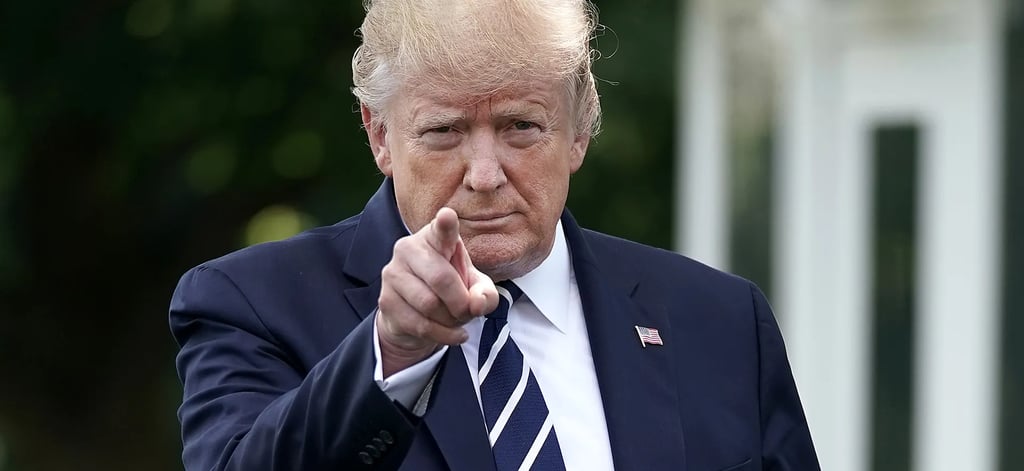Finally, Someone’s Taking Narco-Socialism Seriously: Trump 2.0
A refreshing new perspective is in the air. Trump's foreign policy towards Latin American narco rulers heralds a positive reset in U.S. - Latin American relations.
1/16/20251 min read


Finally, Someone’s Taking Narco-Socialism Seriously: Trump 2.0
President-elect Donald Trump's upcoming second term is poised to introduce a markedly different U.S. foreign policy, particularly concerning Venezuela. The anticipated appointment of Senator Marco Rubio as Secretary of State signals a potential shift toward stricter enforcement of oil sanctions on both Iran and Venezuela.
Rubio, known for his firm stance against authoritarian regimes in Latin America, has consistently advocated for increased pressure on Venezuela's socialist government. His nomination suggests that the Trump administration may reevaluate existing oil licenses granted under President Biden, including those allowing Chevron and other companies to operate in Venezuela. This reassessment could lead to the revocation of these licenses, intensifying economic pressure on Nicolás Maduro's regime.
Such policy changes would represent a significant departure from previous U.S. administrations, including Trump's first term, which, while implementing sanctions, did not entirely prohibit certain oil operations in Venezuela. The forthcoming administration's approach indicates a more uncompromising strategy aimed at promoting democratic change and curbing authoritarianism in the region.
However, this anticipated hardline stance is not without its critics. Some American oil executives and investors are lobbying for a more pragmatic approach, proposing deals that would exchange increased U.S. oil imports from Venezuela for a reduction in the number of Venezuelan migrants. They argue that such agreements could help temper U.S. energy prices and curb migration, benefiting American taxpayers and countering adversaries like China and Russia.
Despite these arguments, the incoming administration appears resolute in its commitment to a tougher policy. The future of special licenses allowing U.S. oil companies to operate in Venezuela remains uncertain, with more than 150 pending requests awaiting the new administration's decision. This unwavering approach underscores a broader commitment to reshaping U.S. foreign policy in Latin America, marking a clear departure from the strategies of previous administrations.
